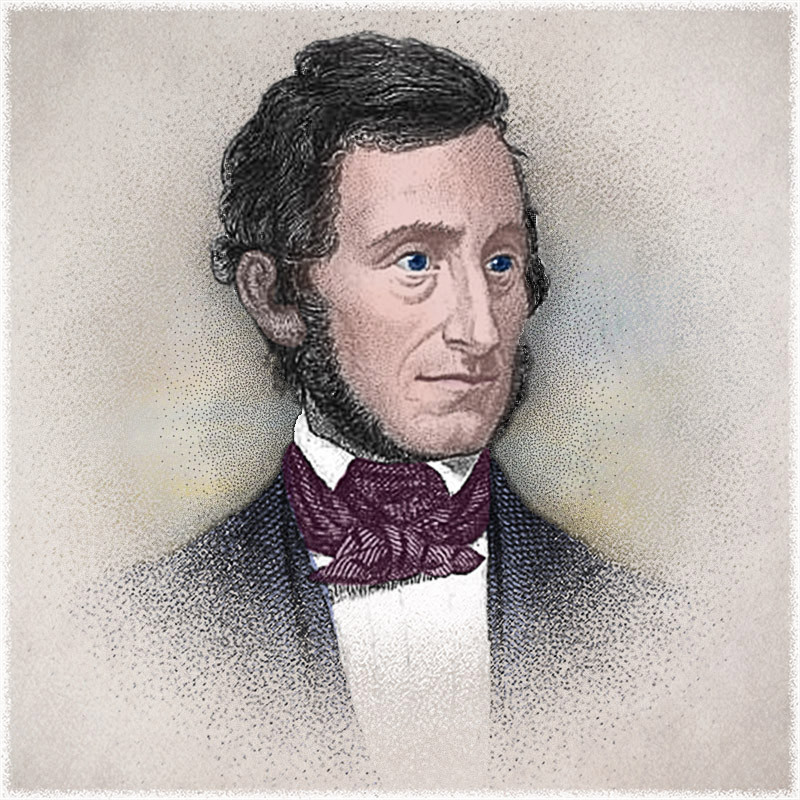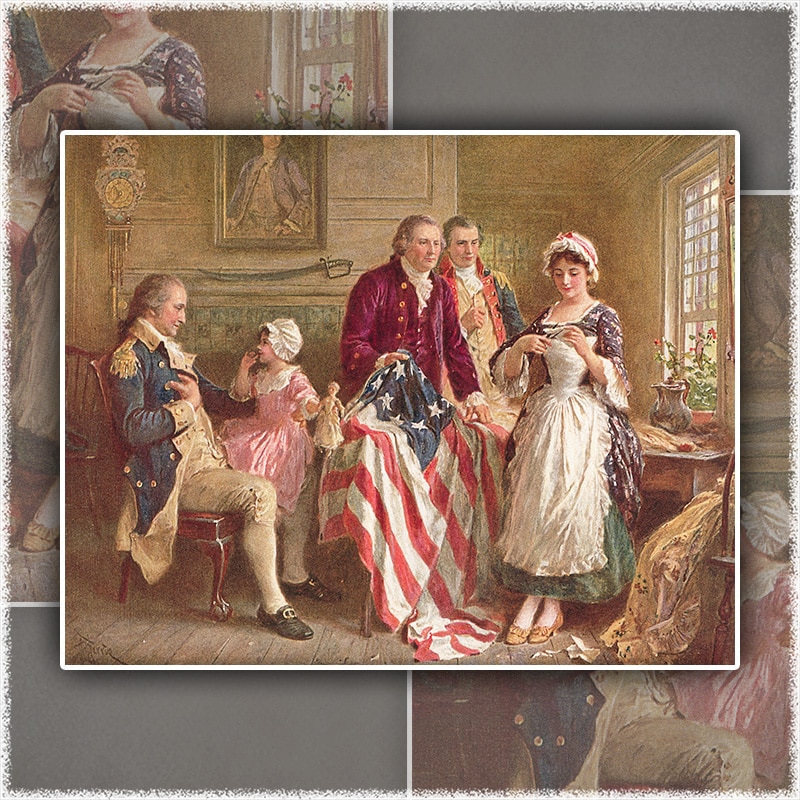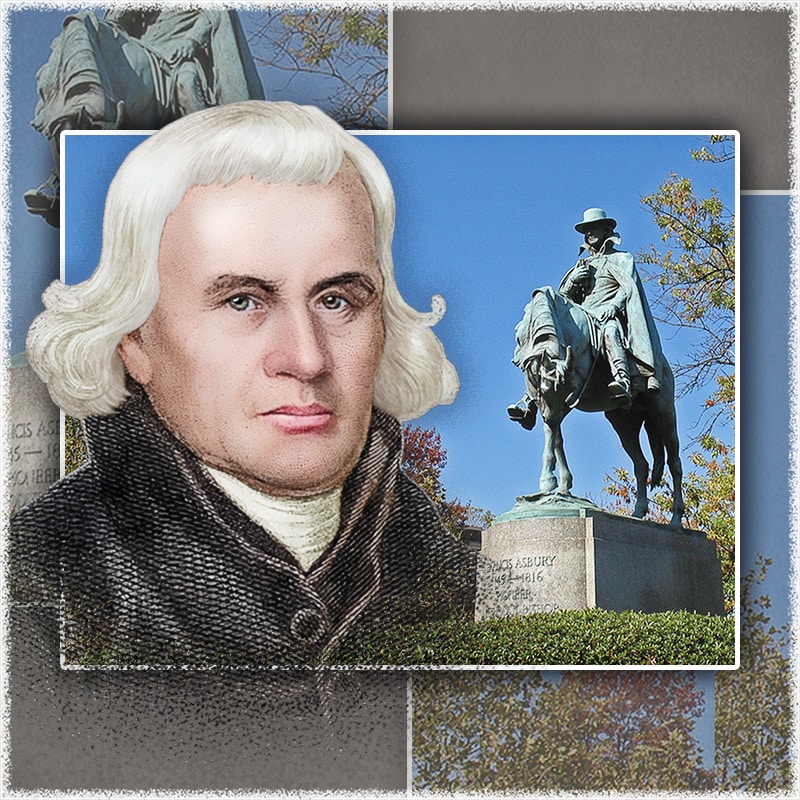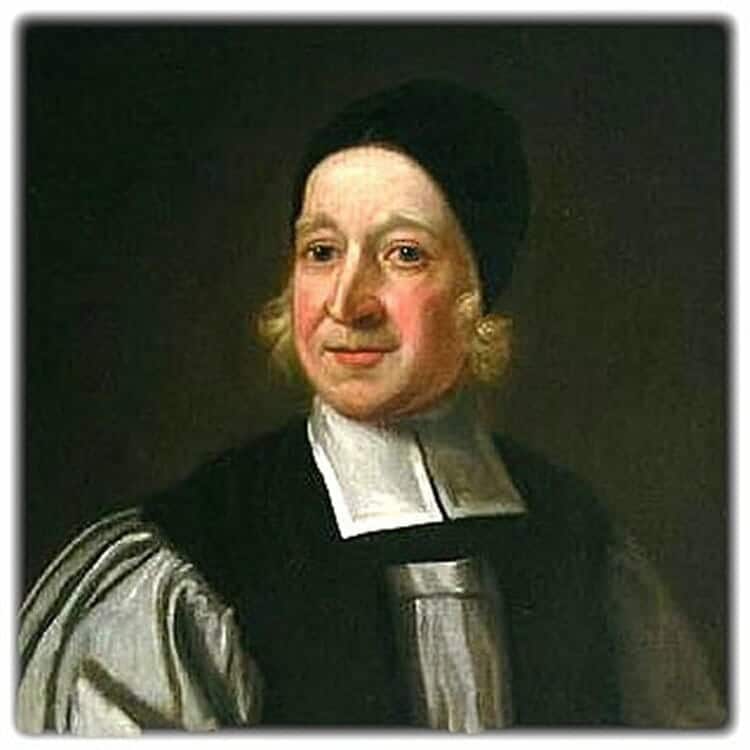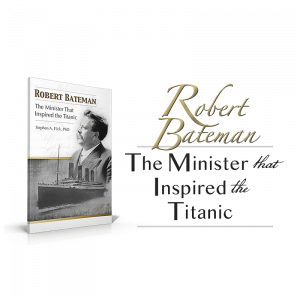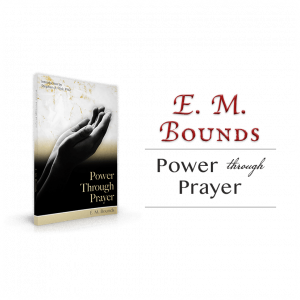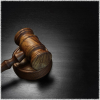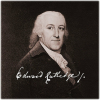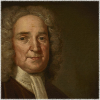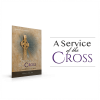Unsung Clergy of the American Revolution
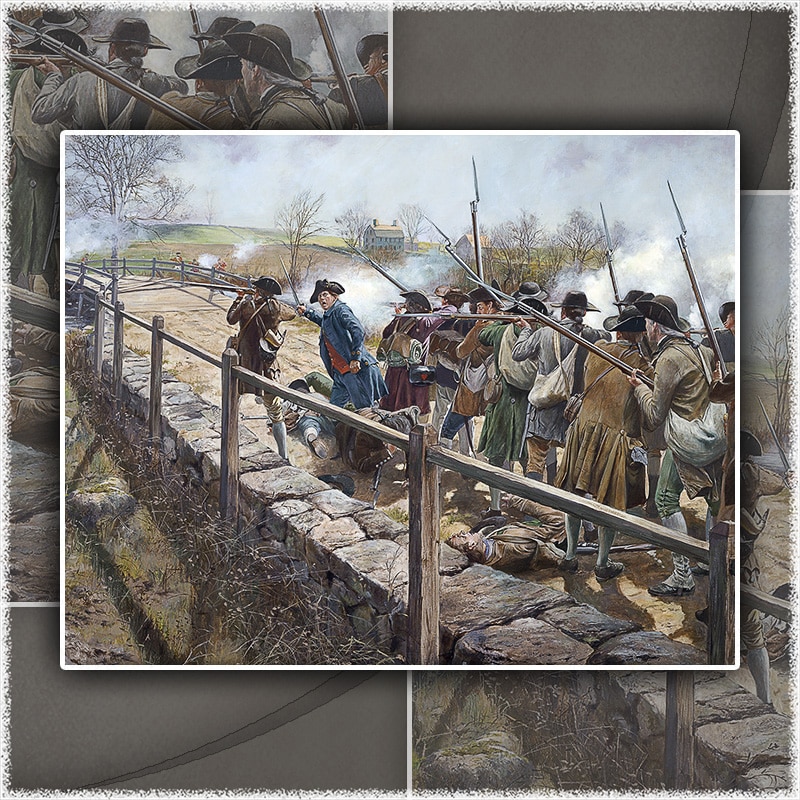
IntroductionUnsung Clergy of the American Revolution
The role of clergy in the American Revolution has been grossly underreported by most historians. However, the influence of Christian pastors upon the rise and progress of the Revolution was perhaps the most fundamental force toward American independence and was memorialized by the great school-master of America, Noah Webster, who recounted this fact in a private letter dated October 25, 1836, in which he writes:
The learned clergy . . . had great influence in founding the first genuine republican governments ever formed and which, with all the faults and defects of the men and their laws, were the best republican governments on earth. At this moment, the people of this country are indebted chiefly to their institutions for the rights and privileges which are enjoyed.[1]Unsung Clergy of the American Revolution
In 1864, author Joel Tyler Headley published his book, The Chaplains and Clergy of the Revolution. In it, Headley made no attempt to be exhaustive concerning ministers who contributed so greatly to American independence. Prior to his individual treatment of more prominent ministers who forcefully engaged in the Revolution, he acknowledged lesser known clergy who left little literary record of their lives and service to the nation. While unable to treat these ministers with the extended discussion that he accorded to others in his book, Mr. Headley, nevertheless, paid tribute to their unsung devotion. His acclaim of a handful of a much larger number of American pastors is briefly recounted below in the excerpt taken from his historical record.
The subject addressed in this article is discussed at greater length in Leading Clergy of the American Revolution. Christian Heritage Fellowship would be honored to work with individuals, businesses, churches, institutions, or organizations to help communicate the truth concerning the positive influence of the Christian faith by providing bulk pricing: Please contact us here... To purchase a limited quantity of this publication, please click: Purchase here...
Unsung Clergy of the American Revolution
Of course, it is impossible, and would not be desirable, if possible, to give a detailed biography of each chaplain who served in the army. Many served only for a short time, others simply performed the prescribed routine of duties faithfully, and a narrative of their actions would be only a recital of their religious services before their respective regiments. Doubtless there are many personal anecdotes and touching incidents connected with these which would possess deep interest if they had been preserved, but they perished with their authors or their immediate descendants and have passed away never to be recalled.
They, therefore, can only be alluded to; while from the multitude of others, better known, I shall select those specially distinguished for their patriotism and who stand in history as representative men. It is necessary only to mention a few of the names of these clergymen, to show what strong minds and clear heads stood by, and sustained the cause of the Colonies, and furnish abundant proof of the debt of gratitude the country owes them.
Dr. David Ely
There was Dr. David Ely, of Huntington, Connecticut, who, though surrounded by Tories, preached rebellion so warmly and effectually that the latter declared that when the rebellion was put down, they would hang him on an oak that stood near his own church.
Joseph Fish
Joseph Fish, of Duxbury, Massachusetts, who—although seventy-six years of age—when invited to address the people assembled at the call of Washington for immediate volunteers said after a stirring harangue, "Were it not that my nerves are unstrung and my limbs enfeebled with age, on such a call as you have, I think I should willingly quit the desk, put off my priestly garments, buckle on the harness, and with trumpet in hand hasten to battle."
Jonah Stearns
Jonah Stearns of New Hampshire not only preached rebellion, but sacrificed most of his worldly wealth to sustain it; and when returning from a state convention at Exeter, called to decide on a course of action and to which he was a member, said to his boys assembled to hear his report: "If the cause succeeds, it will be a great blessing to the country; but if it should fail, your old father’s head will soon be a button for a halter!" and then sent them into the army, bidding them strike manfully for freedom.
John Mills
John Mills of Delaware—though of a nervous, timid temperament—in the cause of liberty knew no fear; and only a few days before the Declaration of Independence preached to his people from 1 Kings xii. 16, the language used by the revolting tribes in the times of Rehoboam: "What portion have we in David, neither have we an inheritance in the son of Jesse. To your tents, oh Israel!"—telling them in impassioned eloquence that they were like the revolting tribes whom the king "refused to hear," though their "cause" was "the Lord’s" and that the time had come to throw off their allegiance to king George and be free forever.
Dr. David Cauldwell
Dr. David Cauldwell of Pennsylvania had his house plundered, his library and furniture burned while he was hunted like a common felon over the country on account of his devotion to the cause of liberty.
Dr. Thomas Read
In 1776, Dr. Thomas Read—also of Pennsylvania—shouldered his musket and with forty or fifty others marched to Philadelphia to aid in defending it against Howe; and the next year saved Washington from being overwhelmed at Elk Ferry by his knowledge of the country.
Dr. Robert Davidson
Dr. Robert Davidson of Maryland addressed at different places the assembled troops from 1 Chronicles v. 22: "For there fell down many slain because the war was of God"—which created the most intense enthusiasm among officers and men.
William Graham
When William Graham—of Paxton near Harrisburg, Pennsylvania—saw great backwardness in the young men of his parish to enlist in a company of volunteer riflemen which the Governor had recommended, stepped out and had his own name enrolled; thus, by his example, shamed them into patriotism.
Elizur Goodrich and John Steele
The name of the learned Elizur Goodrich was in every patriot’s mouth in Connecticut. John Steele of Cumberland, Pennsylvania served as captain, and lead the advance company of nine hundred men in their march to the seat of war and often preached with his gun standing by his side.
Francis Cummings
Francis Cummings was present at all the Mecklenburg meetings and afterwards fought in several battles; and though eighty years of age when South Carolina threatened nullification, said to a brother clergyman who, in a moment of excitement, declared he was ready to draw his sword against the American government: "If you dare do so, I will draw my sword again, and cut you down!"
Azel Roe
Azel Roe, to force the militia of his parish to fight, placed himself under the enemy’s fire and refused to retire till he had received their promise that, if he would, the militia would fight it out. Afterwards, he was taken prisoner and thrown into the infamous Sugar House of New York.
Hezekiah James Balch
Hezekiah James Balch was a member and chief actor in the Mecklenburg Convention and died soon after that famous declaration was given to the world.
Charles McKnight
Charles McKnight of Shrewsbury, who on account of his devotion to the cause of liberty and the gallant conduct of his patriotic sons on the field of battle, was thrown into prison and treated with a brutality that would disgrace a savage. His constitution broke down under it, and soon after his release he died, another victim laid upon the altar of his country.
A similar list of chaplains might be made out, an account of whose services has never been preserved; only here and there an incident snatched from oblivion remains to show what those services must have been and make us regret that so much has been lost.
Dr. Manasseh Cutler and Rev. Amnie Buhnah Bobbins
There were others. Dr. Manasseh Cutler of Killingsly, Connecticut—the friend of Washington and Franklin—served in two campaigns; Dr. Nathan Strong of Coventry, Connecticut served as chaplain, but also penned stirring pamphlets on the rights of the people which were circulated far and wide; Dr. Nathaniel Porter, six feet tall, with hair black as a raven’s wing, marched on foot like a common soldier with Wingate’s regiment through the wilderness to Fort Independence on Lake Champlain; Rev. Amnie Buhnah Bobbins of Branford, Massachusetts accompanied Schuyler’s brigade as a volunteer to Canada and became an angel of mercy to the army when it was stricken down with the small pox—not only praying morning and evening with the regiment, but nursing the sick and relieving the destitute and suffering till his herculean frame at last broke down under his incessant labors and exposure, finally returning home to add one more to the number of brave hearts who held their lives of small account when compared with the welfare of their country.
John Cleveland
To these might be added John Cleveland, of Canterbury, Connecticut, who as far back as 1758 was chaplain to a provincial regiment. He stood amid the raining balls that smote Lord Howe at Ticonderoga and afterwards went to Louisburg and witnessed the terrific siege of six weeks which ended in the fall of that Gibraltar of America. Used to the hazards of the battlefield, he offered his services to the Continental army at Cambridge as soon as the Revolution broke out and accompanied it to New York, only to see it melt away like the frosts of morning before the enemy.
Dr. Samuel McClintock
Dr. Samuel McClintock of Greenland, New Hampshire—so often represented in the Battle of Bunker Hill in his clerical robes—sent four sons into the army, but only one of whom lived to hear the anthems of peace that rolled over the liberated land.
Dr. Hezekiah Ripley
Dr. Hezekiah Ripley, the friend of Washington—whose commanding form was often seen stooping over the couch of the sick and wounded and whose eloquent voice never failed to animate the troops—heard without a sigh of regret that his house, furniture, and library had been committed to the flames by the exasperated foe.
Dr. Isaac Lewis
Neither should Dr. Isaac Lewis of Stratford, Connecticut be forgotten. When the British attempted to land at Norwalk, he assembled with his parishioners to repel them and saw a cannon ball land within three feet of him without disturbing his serenity. Forced back by superior numbers, they witnessed their town given to the flames. Only one house, too remote to attract the attention of the invaders, was left standing and into this the pastor gathered his people and preached to them from Isaiah lxiv. 11, 12: "Our holy and beautiful house, where our fathers praised thee, is burned with fire, and all our pleasant things are laid waste. Wilt thou refrain thyself for these things, O Lord, wilt thou hold thy peace and afflict us very sore?" Chaplain to the regiment of Col. Philip P. Brady at Bergen, he—after seven months of arduous labor—was seized with the camp-fever and brought so low that his life was despaired of. The good old patriot, however, lived to see the country for which he had prayed, and toiled, and suffered, free and happy.
Dr. Latta
The brave Dr. Latta of Lancaster County, Pennsylvania not only served as chaplain, but on one occasion, when an unusual number of his parishioners were drafted into the army, encouraged them by shouldering his knapsack and accompanying them as a common soldier on their campaign.
Dr. Armstrong
Dr. Armstrong of Maryland served first in the ranks as a volunteer; afterwards, when licensed to preach, he became chaplain and continued with the army till the overthrow of the British at Yorktown.
John Martin
John Martin, after praying with the soldiers at Bunker Hill, seized a musket and fought gallantly to the close of the battle. A day or two after, he preached to the remnants of his shattered regiment from Nehemiah iv. 14: "And I said unto the nobles and to the rulers, and to the rest of the people, Be ye not afraid of them."
Nathaniel Bartlett
Nathaniel Bartlett of Reading—chaplain awhile to Putnam—was accustomed to make his parochial visits with a musket on his shoulder to protect himself from the Tories who had sworn to hang him. He kept his attic full of gunpowder for the use of his parishioners in case of an attack.
A Hundred Other Great Men
All these—and a hundred other great and good men—by their example and eloquence fed the fires of liberty and sustained the courage of the people. Men of learning and culture, they were looked up to for advice and counsel. Their praise not only resounded in all the churches, but throughout the land, celebrated for their integrity, ability, and patriotism. These formed a host of devoted laborers in the common cause; but more than this, their prayers arose incessantly from camp and field that God would defend the right and save his people. These last are disregarded by the historian, but we may rest assured that they did more than resolutions of Congress and acts of committees of safety towards achieving our liberties. One may consider it beneath the dignity of history to associate them with the causes that led ultimately to our success, but when that history comes to be read in the light of eternity, the enthusiasm of volunteers and the steady courage of the disciplined battalions will sink into insignificance beside the devout prayers and faith of these men of God.[2]
[1] Noah Webster, Letters of Noah Webster, ed. Harry R. Warfel (New York: Library Publishers, 1853), 455; letter to David McClure, October 25, 1836.
[2] J. T. Headley, The Chaplains and Clergy of the Revolution (New York: Charles Scribner, 1864), 67-73.

